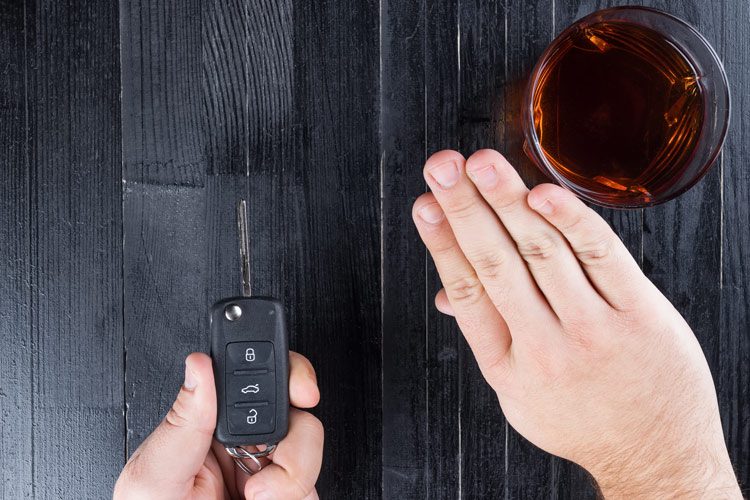Maybe it has recently dawned on you that you have a substance use disorder. Things in your life may be falling apart, and you need to get a handle on them right away. On the other hand, quitting drugs or alcohol altogether may not seem possible. You might wonder if you could lessen the problems caused by your substance use without having to give up the substances entirely. There’s a name for this approach: it’s called “harm reduction,” and there are plenty of examples of it out in the world. But is it really the best option for those with substance use disorders?
The Designated Driver – A Classic Example of a Harm Reduction Strategy
We all know about the designated driver—the person who refrains from drinking alcohol during a social gathering to make sure they are sober when it is time to drive everyone home. It is a popular program (popular enough that many bars and restaurants offer designated drivers free soft drinks to encourage them to stick to the plan), and it is an easy-to-understand example of a harm reduction approach.
A designated driver potentially reduces harm by keeping intoxicated drivers off the road. That is a noble goal, of course, but it does not address problem drinking directly. Assigning a designated driver does not encourage—let alone require—anyone else to moderate their drinking. In fact, it may give them permission to drink even more than they usually would.
On top of that, it is not even clear that designated driver programs are fully effective in reducing harm.
The designated driver is, of course, just one of a number of harm reduction policies put in place to address drug and alcohol use. Other examples include:
- Programs that offer free rides to those who have been drinking
- Guarantees of a “no questions asked” policy for those responding to overdoses
- Exchange programs that provide clean needles to drug users
- Maintenance strategies built on the use of methadone
- Safe drug consumption and injection sites, which are currently available in some European countries.
Most of those harm reduction strategies (and perhaps especially the last one) are controversial for one reason or another. Which begs the question: should harm reduction really be the goal we are working toward?
The Name of the Game is Abstain
Abstinence from drugs or alcohol is a pretty cut-and-dried concept: you do not ingest any amount of the substance at any time for any reason. That seems harsh, right? But a person’s recovery can be so easily unraveled—especially when they convince themselves that just one drink or just one dose won’t do them any real harm. In reality, that single drink or dose significantly increases the risk of complete relapse, undoing the person’s hard-won sobriety.
For this reason, most caregivers insist that abstinence is the best strategy for a person who sincerely wishes to overcome a substance use disorder and forge a life of lasting freedom from drugs or alcohol.
That said, everyone acknowledges that abstinence is not easy. Even if you or your loved one is deeply committed to getting and staying sober, it is all too easy to slip up. If that happens, it is important to avoid giving into despair. After all, relapse is often part of recovery. But because avoiding relapse is the end goal, committing to abstinence—and recommitting to it if relapse occurs—is the best option available.
Staying Strong in the Face of Temptation
There are plenty of ways to ward off temptation and to stick to your abstinence commitment. Beginning your journey in residential treatment is often the best option. Twelve Step programs are also at the forefront of efforts to support a completely clean lifestyle. The regular meetings of 12-Step programs offer support and an ongoing reminder that you are not alone in your efforts. Participating in a program allows you to find a sponsor, as well—a person who is always available to talk when cravings are strong, loneliness sets in, or other situations threaten your sobriety.
Other activities and decisions can support your abstinence as well. Perhaps a focus on gratitude and service will keep the cravings at bay. Or you could take up a new hobby that absorbs your attention. You could focus on exercise or mindfulness.
One Thing Not to Abstain From? Getting Help When You Need It
Wooded Glen Recovery Center in Indiana is prepared to support your journey toward complete abstinence from drug or alcohol use. Armed with our expertise and range of resources, we will address your needs in residential treatment and ensure you have information about—and access to—effective aftercare programs. We truly believe abstinence is the most effective approach to overcoming a substance abuse disorder. We also believe you should never abstain from asking for help when you need it.

